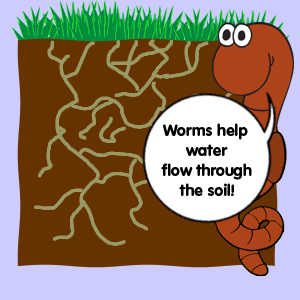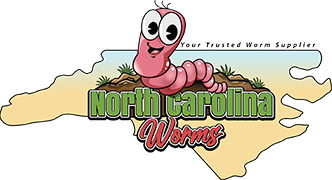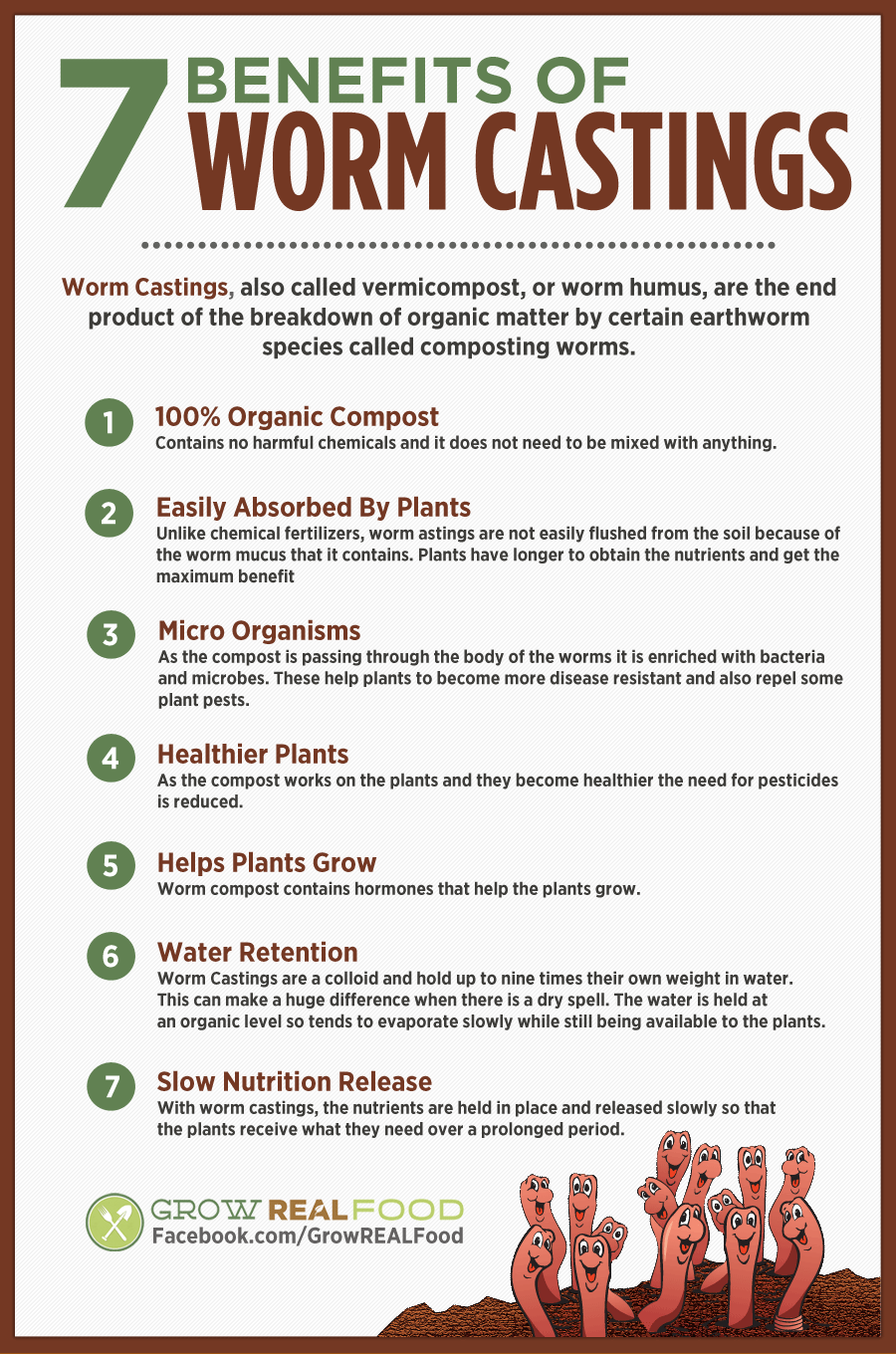Not known Incorrect Statements About North Carolina Worms
Table of ContentsSome Known Incorrect Statements About North Carolina Worms Facts About North Carolina Worms UncoveredThe 8-Minute Rule for North Carolina WormsGetting The North Carolina Worms To WorkThe Definitive Guide for North Carolina Worms
Little is recognized regarding the behaviour of earthworms in Australia. Much of the research that has been done has been executed in southern Australia, where the climate and soils are rather different to the NSW North Shore. For this reason, this information is extremely basic in its technique. The concepts developed from research study on earthworm ecology can be applied usually to most dirts and environments.In zero-till soils, where worm populations are high, water infiltration can be up to 6 times better than in cultivated dirts. Earthworm casts cement soil particles with each other in water-stable aggregates.
There was a close connection in between pasture performance and complete worm weight, with some 170 kg of worms for each tonne of annual dry matter manufacturing. Because earthworms do not like dirt that is as well acid, alkaline, dry, damp, warm or chilly, their visibility is a good indicator of dirt conditions ideal for plant growth.
The Greatest Guide To North Carolina Worms
Scientists have actually found that after four years, zero-tilled paddocks had twice as several worms as cultivated soils. Shallow farming may not affect worm numbers. Earthworms are intolerant of drought and frost, and do not like completely dry sandy soils. They are energetic only when the dirt is wet, and are inactive when it is dry.
If you do not have lots of earthworms in your soil, introduce some of the methods defined over. Cut pasture sods from areas with high worm populations and transfer them to worm-free areas.

For one, they such as a great deal of moisture. As we have actually discussed in the past, dirt that is high in organic issue has the ability to hang on to way more dampness than lacking dirt. They likewise like loam, and temperatures in between concerning 50 65 degrees. Seem like quite favorable conditions for the garden enthusiast, as well.
Not known Incorrect Statements About North Carolina Worms
Worms minimize soil compaction. As worms burrow into your soil they open networks through the soil, developing pores where there as soon as was dirt hard masses. Worms help in soil aeration. Think of the process of freshening a lawn you drill out little slivers of dirt in order to make even more area for air.
If your dirt is anything like mine, it can just soak up so much water before it just rests there, unable to permeate to reduced degrees. When worms dig furrows, they create best little waterslides to carry water deep below. Picture debts: Veggiegardener Worms counteract pH. When they ingest and refine your soil, their waste matter is provided neutral while doing so.

Their waste matter is chalk-full of advantageous microorganisms that help to damage down organic matter in the dirt. Worms eat nematodes. While there are nematodes available that are useful to your dirt ecological community, there are others that are harmful. Worry not, for earthworms love to snack on the damaging ones.
Depending upon your soil kind, there are many nutrients that are not ready to be used up by plants. Worm spreadings have lots of easily available nutrients such as nitrogen, phosphorus, and potassium. Taking all of these elements right into factor to consider, what's not to love about earthworms? Comply with the standards that will certainly lead you to having healthy dirt, then enjoy the worms appear, and have a look at what they include in the soil over time.
North Carolina Worms for Dummies
Vermicomposting definitely isn't a brand-new method. We've been doing it below at Uncle Jim's for years. With the global push for sustainability and with eco-friendly practices growing in popularity, people are lastly coming around and acknowledging the environmental advantages of red wiggler worms and composting. In this post, we'll discuss just how vermicomposting sustains lasting gardening and the environmental advantages of red wigglers and other earthworms.
This is the except it. If you desire to review comprehensive concerning red wiggles, we have an entire article dedicated to them here. Currently, allow's enter the basics of just how these worms support sustainable gardening practices and profit the atmosphere: Worm composting is like a day spa day for your soil.
When incorporated right into your yard dirt, these castings improve its framework, oygenation, and water retention. This helps with plant growth and health and does not need the usage of any kind of chemicals. Did you recognize that natural waste makes up a substantial portion of land fill material?
The Only Guide to North Carolina Worms

Comments on “Indicators on North Carolina Worms You Should Know”